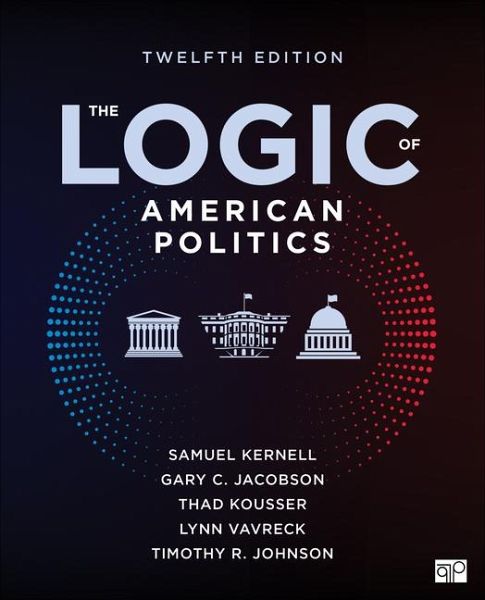Nicht lieferbar

The Logic of American Politics
Versandkostenfrei!
Nicht lieferbar
With fresh analysis of the 2024 presidential election results, the bestselling textbook The Logic of American Politics provides students with the tools they need to make sense of the government they have. Weaving together historical context, contemporary politics, and a "toolkit" of institutional design concepts, the Twelfth Edition builds students′ understanding of political institutions and practices as imperfect solutions to collective action problems.



